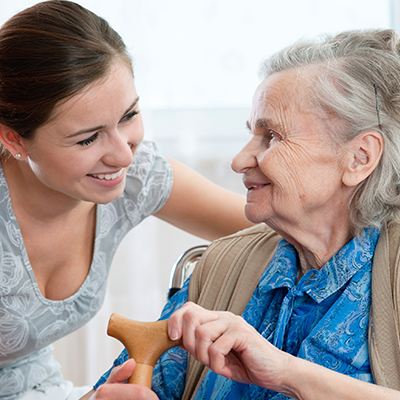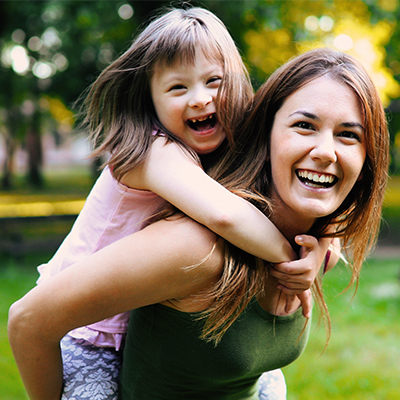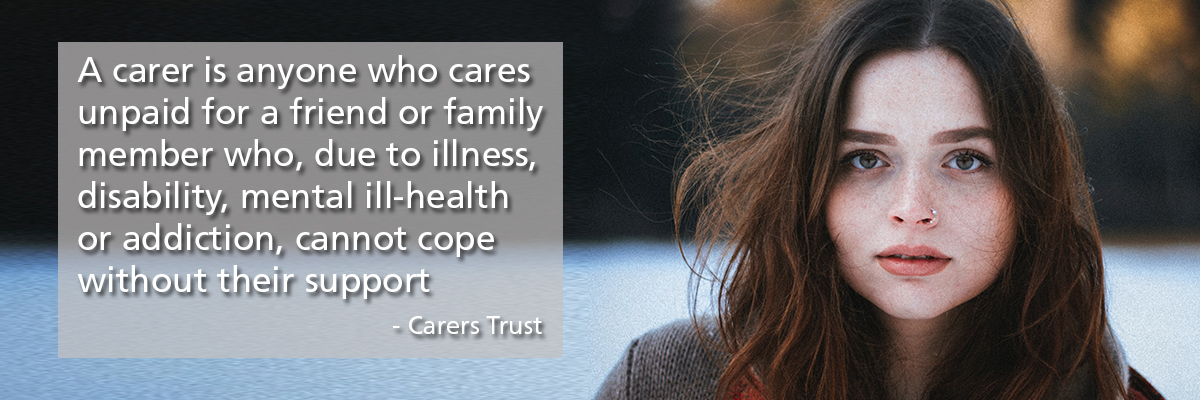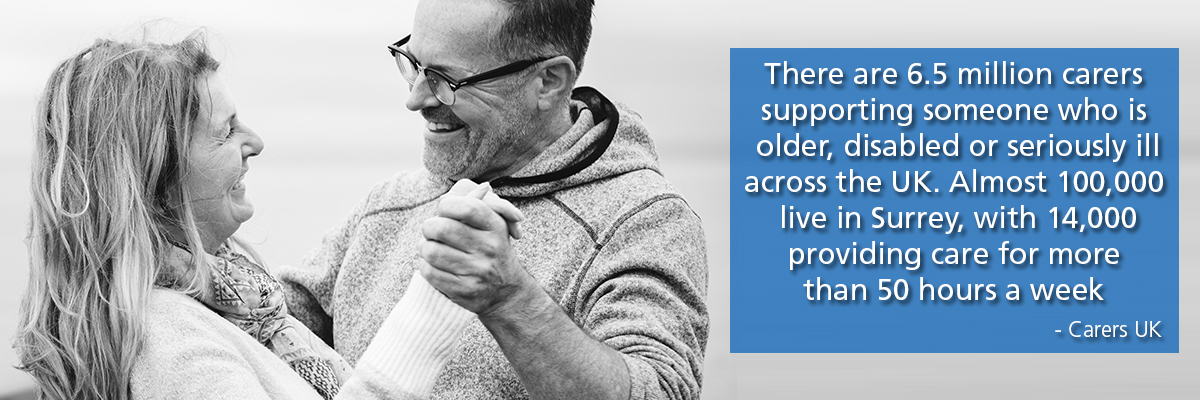Carers are a diverse group and every caring situation is unique. You are a carer if you provide a family member, friend or another person with assistance or support with daily living. This can include providing social, emotional, spiritual and physical support and managing challenging behaviour.
Carers can be:
- adults caring for other adults
- parents caring for children who are ill or have a disability
- young people under 18 years who are looking after, or involved in the care of, a parent, sibling, relative or friend.


You may not identify as a carer, instead seeing yourself as wife or husband, mother or father, partner, grandparent, child, friend or neighbour. There can be multiple carers within a family or community network and sometimes, because of the nature of the illness, you may not be recognised as a carer by the person you are supporting.
The need for care can increase gradually as a result of a progressive medical condition, or growing older and becoming frail. It can also happen suddenly, for instance, as a result of an accident or stroke.
You might live in the same house as the person you care for but you can still be a carer if you don’t. If you visit regularly and feel responsibility towards the person you are probably in a caring role.
Carers give their time because of a commitment to, and love for, the person in need of care. In doing so, the caring role can impact on your social needs as well as your physical and mental health.
Caring roles can differ in intensity and this can be reflected in the stresses and demands on you. Recognition of, and support for, the individual needs of carers can improve your health and wellbeing.

